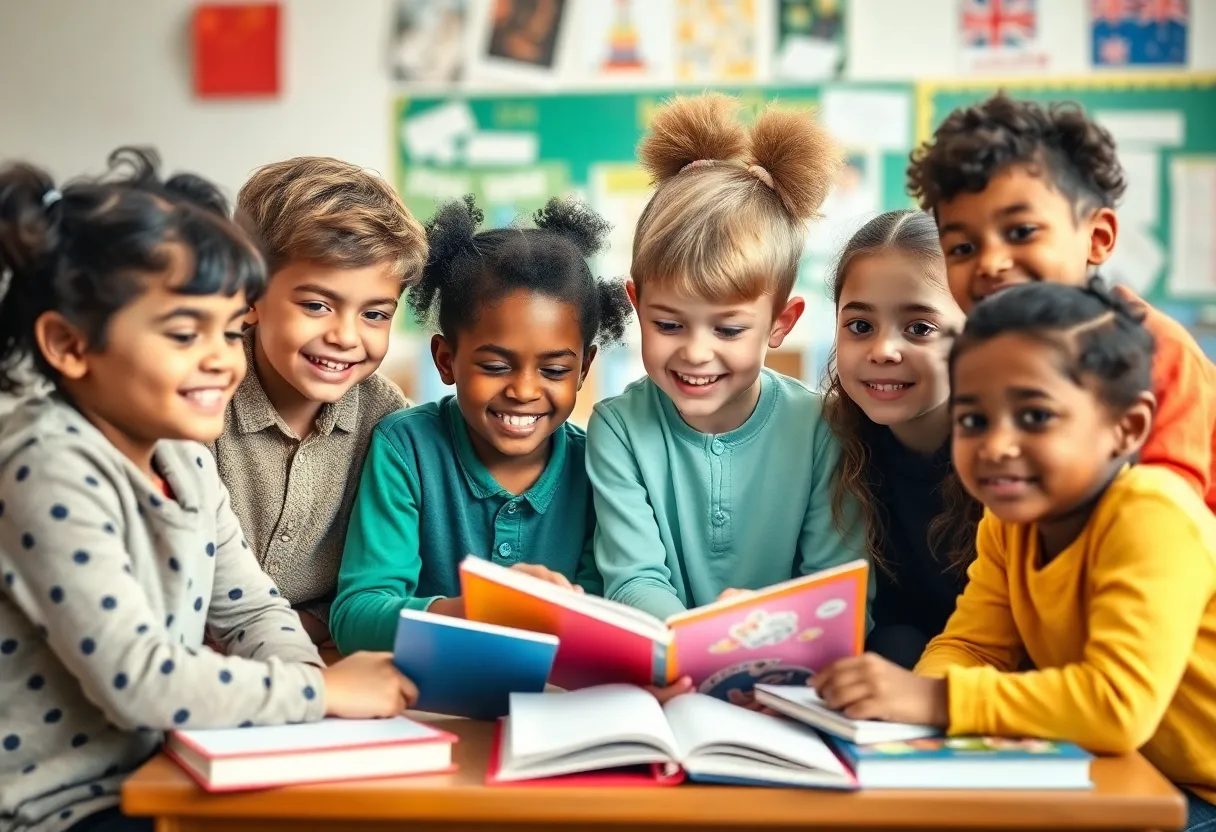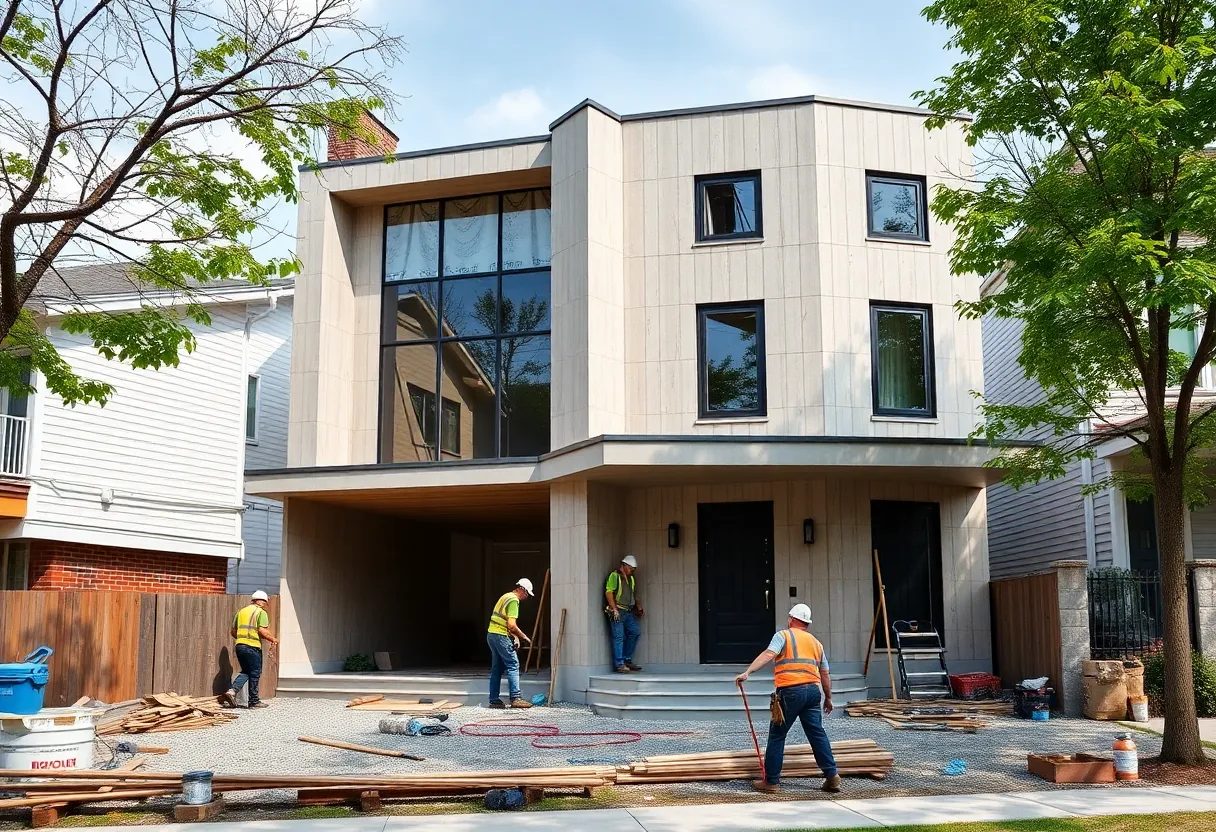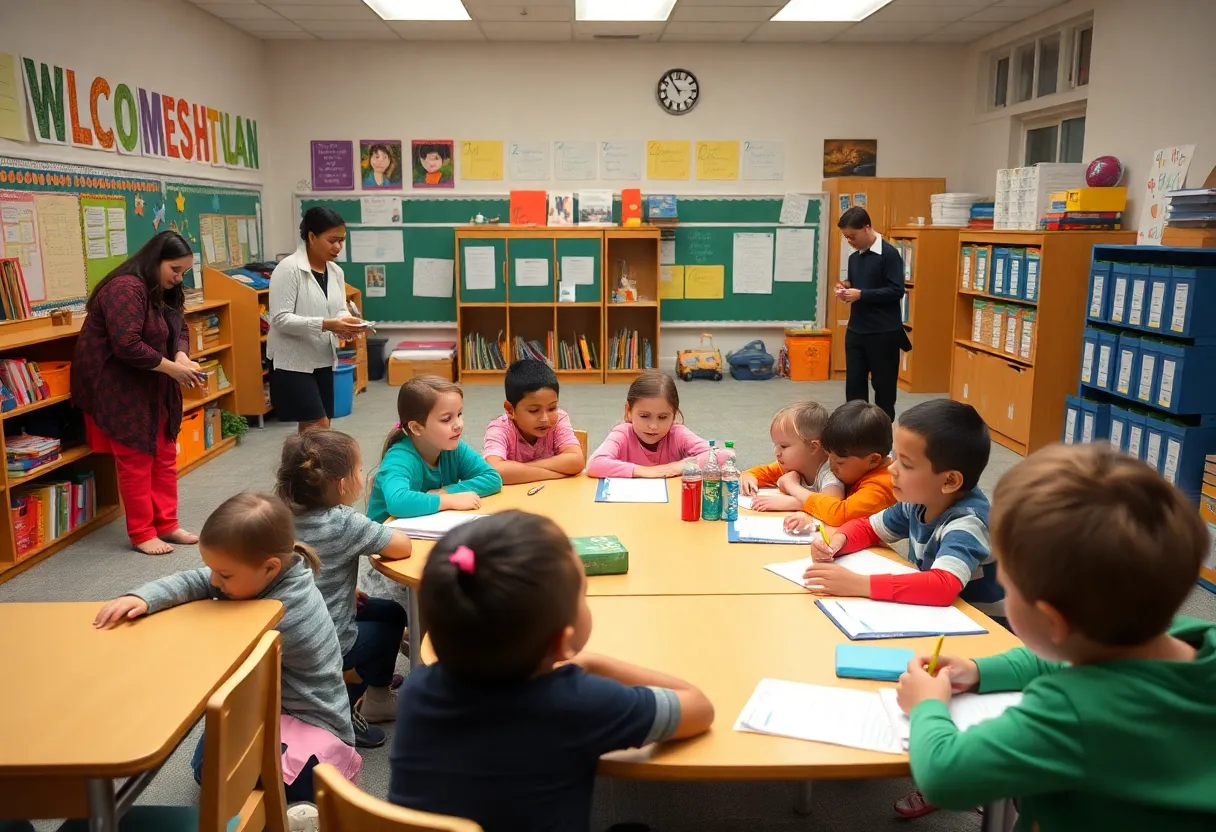News Summary
Former President Barack Obama has criticized the handling of school closures during the COVID-19 pandemic, emphasizing the need for in-person education and the failure to consider evidence supporting its importance. His comments highlight ongoing discussions about the long-term effects of pandemic-related disruptions on children’s education and well-being. Throughout the crisis, political polarization made it challenging to develop cohesive strategies for managing school reopening and public health concerns, leading to lasting impacts on students’ academic performance.
Chicago
Former President Barack Obama has recently criticized the handling of school closures during the COVID-19 pandemic, highlighting the failure to consider evidence supporting the importance of in-person education for children. His comments come amid ongoing discussions about the long-term impacts of the pandemic-related disruptions to schooling across the United States.
The Early Stages of the Pandemic and School Closures
The first acknowledged case of COVID-19 in the United States was reported by the Centers for Disease Control and Prevention (CDC) on January 30, 2020. Following the rapidly spreading virus, most U.S. schools shut their doors by the end of March 2020 to mitigate the spread of the disease. These closures marked an unprecedented shift in education, affecting millions of students nationwide.
By mid-September 2020, a significant majority of schools were operating either fully remotely or through hybrid models. Specifically, about 60% of schools conducted classes entirely online, 20% kept traditional in-person schedules, and another 20% used hybrid formats combining both in-person and virtual learning. Throughout 2021, many schools, especially in Democratic-led states, maintained reduced schedules, enforced mask mandates, and implemented social distancing measures.
Political Polarization and Public Response
The pandemic response quickly became a political flashpoint. Discussions around school closures, mask mandates, and other health protocols often devolved into partisan disputes. Critics argued that the debate over reopening schools was overly politicized, hampering efforts to reach consensus on the best path forward. This polarization strained collaboration between federal, state, and local authorities, complicating efforts to devise cohesive strategies for managing the crisis.
During a commencement address for college graduates in May 2020, Obama described the federal response to COVID-19 as chaotic and disorganized, emphasizing the challenges faced in coordinating efforts in a rapidly evolving situation. Previously, he advocated for measures such as canceling large gatherings, which he believed were necessary to slow the virus’s spread and to encourage community cooperation.
Impact of School Closures on Children’s Education and Well-being
As the pandemic persisted, a broad consensus among public health experts and education specialists emerged: the prolonged closures of schools did not significantly prevent the transmission of COVID-19 but instead caused lasting harm to students. Evidence indicated that the closures severely impacted children’s academic achievement and social development.
Research reports in recent years have documented widespread declines in educational performance. Data from the National Assessment of Educational Progress (NAEP) revealed notable drops in reading and math scores among high school students compared to pre-pandemic levels in 2019. In particular, a report by McKinsey & Company highlighted that students had learned only approximately 67% of the math curriculum expected by autumn 2020, illustrating the significant learning gaps created by the disruption.
Further reports in March 2024 acknowledged that extended school closures did not substantially reduce COVID-19’s spread but caused enduring academic setbacks for children, emphasizing the importance of timely school reopenings and additional support to address learning loss.
Calls for Reopened Schools and Consideration of Social Factors
Obama emphasized that earlier discussions about reopening schools should have taken place, noting the essential role of in-person learning for children’s development and the needs of working parents who relied on schools for childcare. He highlighted the necessity of balancing public health concerns with social and economic realities, advocating for a more nuanced approach to managing pandemic protocols.
Throughout the pandemic, critics argued that objections to strict measures should not be dismissed outright, underscoring the importance of considering various societal impacts and the perspectives of affected families. The debate continues as policymakers evaluate the balance between public health and the social well-being of children and communities.
Deeper Dive: News & Info About This Topic
HERE Resources
University Administrator Dismissed Over Controversial Remarks
Political Activist Charlie Kirk Assassinated During Event
Additional Resources
- Unherd: Barack Obama on School Closures
- WAPT: Jackson Public Schools Concerns
- LAist: School Closures in LA
- Jsonline: Potential School Closures in Milwaukee
- Next Pittsburgh: School Changes in PPS
- Wikipedia: COVID-19 Pandemic in the United States
- Google Search: Impact of School Closures Due to COVID-19
- Google Scholar: Educational Impact of COVID-19 School Closures
- Encyclopedia Britannica: Education
- Google News: School Closures COVID-19
Author: STAFF HERE WASHINGTON DC
The WASHINGTON DC STAFF WRITER represents the experienced team at HEREWashingtonDC.com, your go-to source for actionable local news and information in Washington, DC, and beyond. Specializing in "news you can use," we cover essential topics like product reviews for personal and business needs, local business directories, politics, real estate trends, neighborhood insights, and regional news affecting the area—with deep expertise drawn from years of dedicated reporting and strong community input, including local press releases and business updates. We deliver top reporting on high-value events such as the National Cherry Blossom Festival, Kennedy Center Honors, and the Washington Auto Show. Our coverage extends to key organizations like the Greater Washington Board of Trade and Destination DC, plus leading businesses in government contracting and technology that power the local economy such as Lockheed Martin and Amazon. As part of the broader HERE network, we provide comprehensive, credible insights into the dynamic landscape of the Washington metropolitan area.




